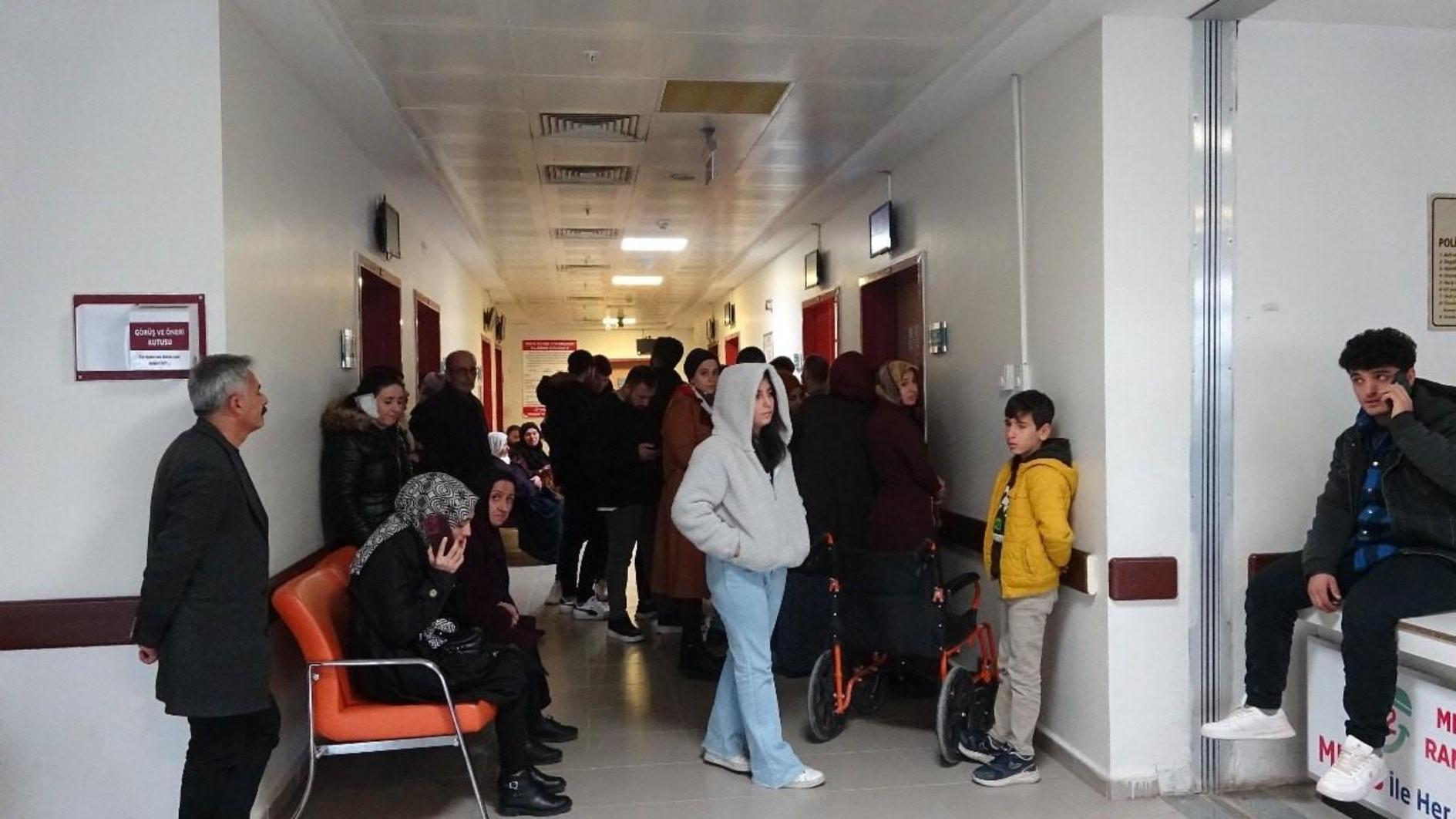
As New Year’s Eve festivities draw near, an expert has warned that "caution should be exercised" in crowded celebrations in light of the new JN.1 sub-variant of COVID-19 spread.
Although the pandemic period has passed, COVID-19 continues to come to the agenda with new variants. JN.1, a new sub-variant of COVID-19, has emerged recently and is spreading rapidly. As many people plan crowded get-togethers for the New Year, experts advise to avoid or use masks in closed and crowded spaces, to pay attention to hygiene, and to strengthen the immune system.
"Recently, a new sub-variant of the coronavirus called JN.1 has been observed. JN.1 is a sub-variant of the omicron variant, which is derived from BA.2.86 that has more than 30 mutations which distinguish it from the omicron XBB.1.5 variant. It also has an extra mutation compared to pyrrole," Doctor Vedat Turhan from the Infectious Diseases Department of Medicana International Hospital said.
The World Health Organization has declared JN.1 a "variant of interest." At the moment, the variant is predominantly found in China, the U.S. and India, but given population mobility, it could spread to other countries. According to new data from the Health Ministry, more than 850,000 new COVID-19 cases have been seen worldwide.
Turhan said that fever is among the symptoms of JN.1 and added, "Symptoms such as muscle and joint pains, sore throat and nasal discharge are reported. There is no data yet that it is fatal or severe. However, like any infection, this can negatively affect individuals with chronic diseases."
Stating that New Year's Eve may invite the spread of diseases, Turhan said, "After the COVID-19 pandemic, flu cases are also increasing. In addition, various bacterial infections are also frequently seen. Droplets from body fluids coming out of the mouth and nose during coughing, sneezing or talking transmits the infections."
"Especially being in crowded and closed environments increases the risk of transmission. For this reason, it advised to take diseases into consideration on New Year's Eve, and to celebrate with immediate family only if possible without overcrowding," Turhan added.
Turhan mentioned ways to avoid catching the JN.1 variant and said, "Masks should be used in overcrowded environments. Hands should be washed regularly with soap and water. Stay away from people who are thought to be sick. If a person sees signs of illness, they should isolate themselves. They should follow a healthy diet, exercise regularly, drink water and sleep well."